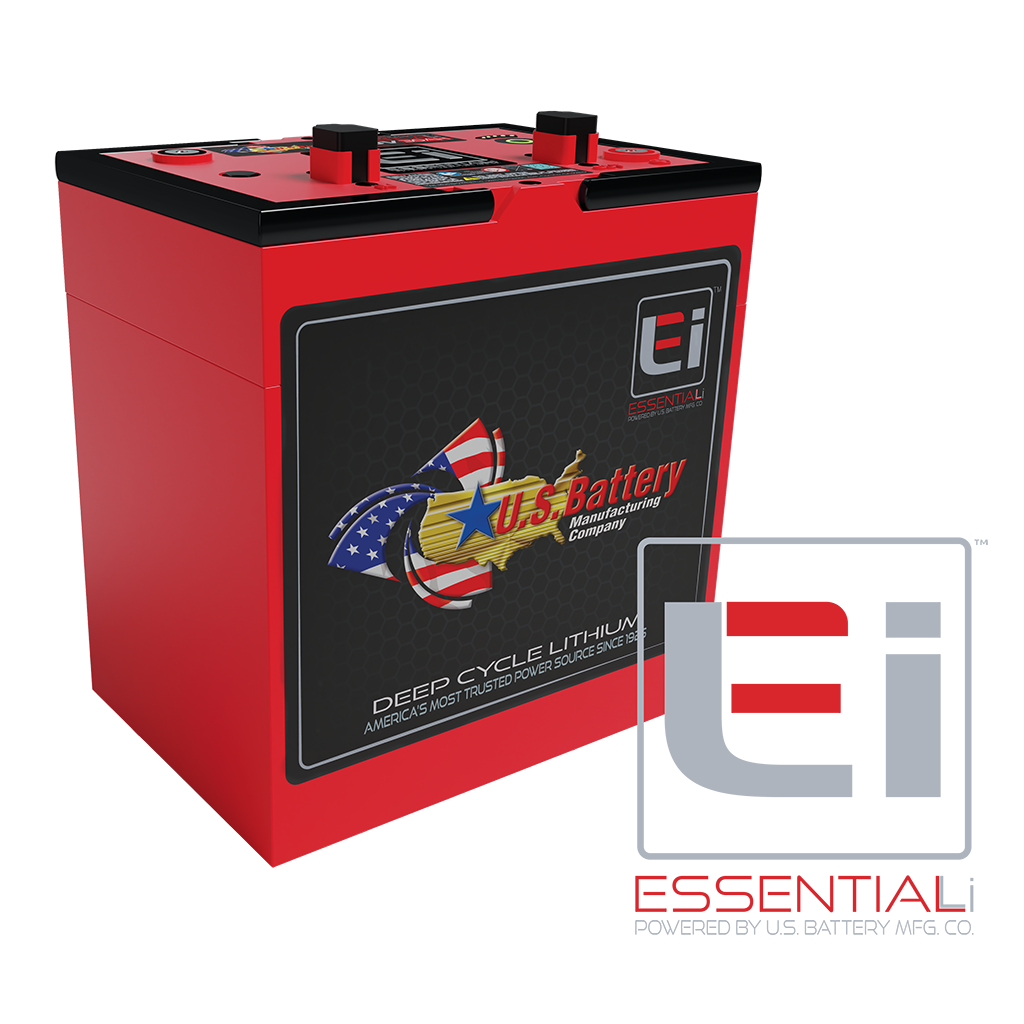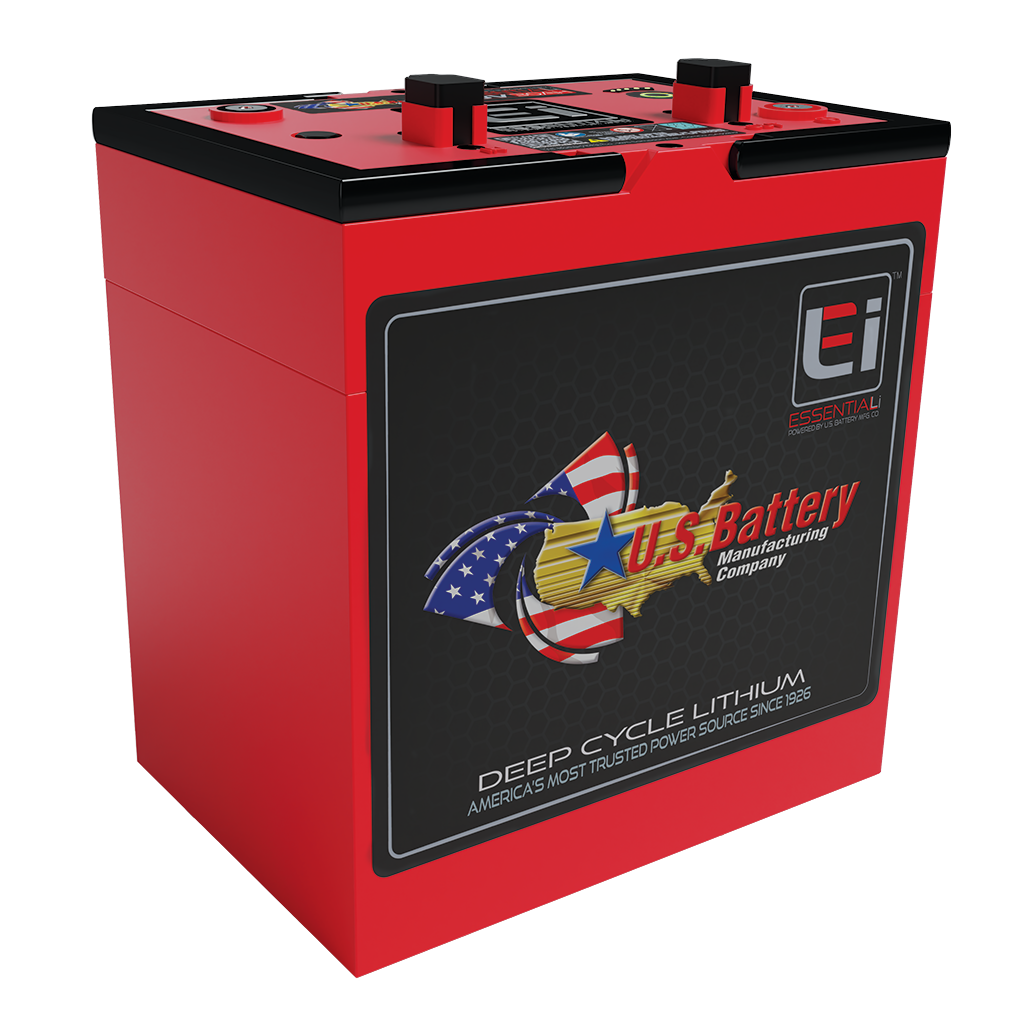Lithium-ion batteries have become a popular choice due to zero maintenance, shorter charging times, reduced weight, and the ability to provide consistent power across many cycles. These batteries contain sophisticated components that include lithium cells, a battery management system (BMS), sensors, wiring, enclosures, and cell support structures. With all these components being integrated into one battery pack, it is important for battery manufacturers to ensure the entire pack meets safety standards and is protected against vibration, dust, and moisture.
Underwriters Laboratory (UL) is a global organization that tests and certifies products for safety. UL developed a standard known as UL 2271, which is the pinnacle of safety standards for batteries. It sets requirements for the design, construction, and testing of batteries used in light electric vehicles. The certification process for UL 2271 involves testing the batteries against abuse such as overcharging, impact, short-circuiting, and overheating. UL 2271 ensures the battery has adequate measures in place to prevent fire or explosion when exposed to these adverse conditions.
It’s important to recognize that manufacturers claiming their products “Conform” to UL standards is very different than manufacturers having their products “Certified” to UL standards. The difference in the wording has caused some confusion among consumers. The key difference is explained below:
Conforming To UL Standards:
A broad term meaning a product is designed and built according to the specifications laid out in a UL standard but has not undergone the rigorous testing completed by UL.
vs.
UL Certified:
This means that UL has tested the product according to the standard and deemed it meets the relevant UL standards, allowing the manufacturer to display the UL mark on the product.
Conforming To UL Standards:
A broad term meaning a product is designed and built according to the specifications laid out in a UL standard but has not undergone the rigorous testing completed by UL.
vs.
UL Certified:
This means that UL has tested the product according to the standard and deemed it meets the relevant UL standards, allowing the manufacturer to display the UL mark on the product.
With the high cost and stringent requirements, it is understandable why most battery manufacturers don’t choose to undergo UL 2271 certification. Some manufacturers will list UL conformity in the literature but without actual UL 2271 certification, it is difficult to know how safe the battery is for golf car use. The choice is up to the consumer and depends on their trust in the battery manufacturer’s products and overall reliability.
U.S. Battery Manufacturing’s Essential Li® deep cycle 24V and 48V GC2 batteries have undergone various safety testing procedures. Along with being UL 2271 Certified, they are also:
- UN 38.3: Certification by the U.S. Department of Transportation to be safe for transport in the U.S. and globally.
- UL 2580: Certification by UL for quality and safety of lithium-ion battery (or cell) used in electric vehicles (EVs). This proves the battery has passed testing through various damaging scenarios for electrical, mechanical, thermal, and environmental safety. Also, the manufacturer-specified charge and discharge temperatures are within the given parameters.
- IP67 Rated: A protection rating by the International Electrotechnical Commission’s (IEC) testing that ensures construction, preventing outside particles and moisture damage.

Manufacturers who put their products through various tests and certifications do so to ensure they meet the highest safety and durability standards, confirming to consumers that the products are safe and reliable.

- UN 38.3: Certification by the U.S. Department of Transportation to be safe for transport in the U.S. and globally.
- UL 2580: Certification by UL for quality and safety of lithium-ion battery (or cell) used in electric vehicles (EVs). This proves the battery has passed testing through various damaging scenarios for electrical, mechanical, thermal, and environmental safety. Also, the manufacturer-specified charge and discharge temperatures are within the given parameters.
- IP67 Rated: A protection rating by the International Electrotechnical Commission’s (IEC) testing that ensures construction, preventing outside particles and moisture damage.
Manufacturers who put their products through various tests and certifications do so to ensure they meet the highest safety and durability standards, confirming to consumers that the products are safe and reliable.

